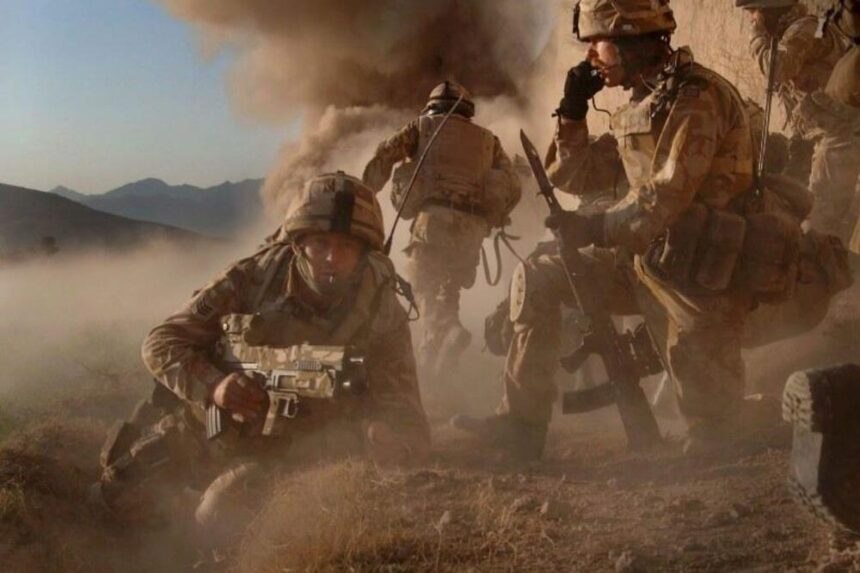RASC News Agency: Amidst the complex and fast-moving developments in Afghanistan, serious questions are emerging regarding the evolving relationship between the United States and the Taliban. Since the Taliban’s seizure of Kabul in 2021, the dynamics between the two sides have shifted dramatically, with much of the current engagement cloaked in secrecy. Recent reports suggest that Washington may be engaging in covert negotiations with the Taliban talks that could significantly impact Afghanistan’s political trajectory and security landscape.
These secret discussions, reportedly conducted behind closed doors, coincide with the gradual reintroduction of U.S. military equipment to Bagram Airbase. Once the centerpiece of American military operations in Afghanistan, Bagram played a critical role in both combat and intelligence missions across the region. The renewed activity at the base has led some analysts to speculate that Washington is recalibrating its strategic posture in Afghanistan, seeking to quietly re-establish a presence in the country.
For the Taliban who after the U.S. withdrawal claimed uncontested control over Afghanistan these developments present complex challenges. Changes on the ground could, over time, weaken their grip on power and expose vulnerabilities in their governance model. In a particularly noteworthy development, senior American officials and Taliban representatives have reportedly met in Kabul. These meetings neither publicly acknowledged nor covered by official media appear to focus on issues such as prisoner exchanges and consular support for Afghanistani nationals.
While the United States has informally secured the release of two of its citizens from Taliban custody, critical questions remain unanswered: Are these interactions limited to immediate tactical needs, or are they laying the foundation for broader agreements that could tacitly legitimize the Taliban, even at the cost of ignoring human rights violations in Afghanistan?
Despite the Taliban’s repeated assertions of maintaining Afghanistan’s sovereignty free from foreign interference, the potential return of U.S. forces to strategic locations like Bagram Airbase could be perceived as a major political setback. Facing mounting internal pressures and external scrutiny, the Taliban may find themselves increasingly forced into compromises that could erode their authority in regions they currently control. The recent return of American equipment to Bagram, coupled with reports of clandestine negotiations, has intensified speculation that a new, undeclared U.S.-Taliban understanding is taking shape. Although Taliban officials continue to publicly deny any such negotiations, multiple internal and external sources indicate increased intelligence-sharing and security cooperation on the ground. Observers warn that this evolving relationship could, over the long term, undermine democratic aspirations in Afghanistan and lead to further deterioration of human rights conditions.






